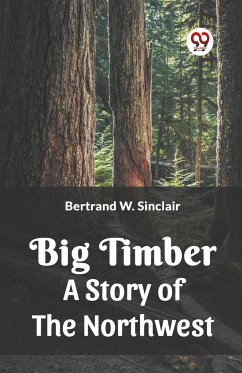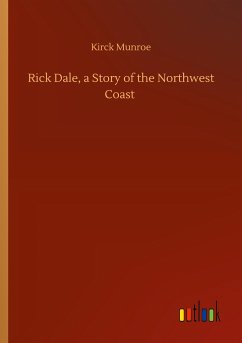The book "Big Timber: A Story of the Northwest" is thrilling and endearing. The story probably focuses on the struggles and exploits that people in the wood sector confront while delving into issues like resource depletion, logging industry dynamics, and the effects of human activity on the environment. Given the location, the book might offer an insight into the life of loggers, lumberjacks, and other people employed in the timber trade at a time when the sector was vital to the development of the local economy and culture. Adventure, romance, and possibly conflicts involving the exploitation of natural resources are all possible story points. All things considered, "Big Timber" probably gives readers a clear picture of the untamed landscapes of the Northwest and the people whose lives are entwined with the chances and difficulties brought about by the timber industry.








